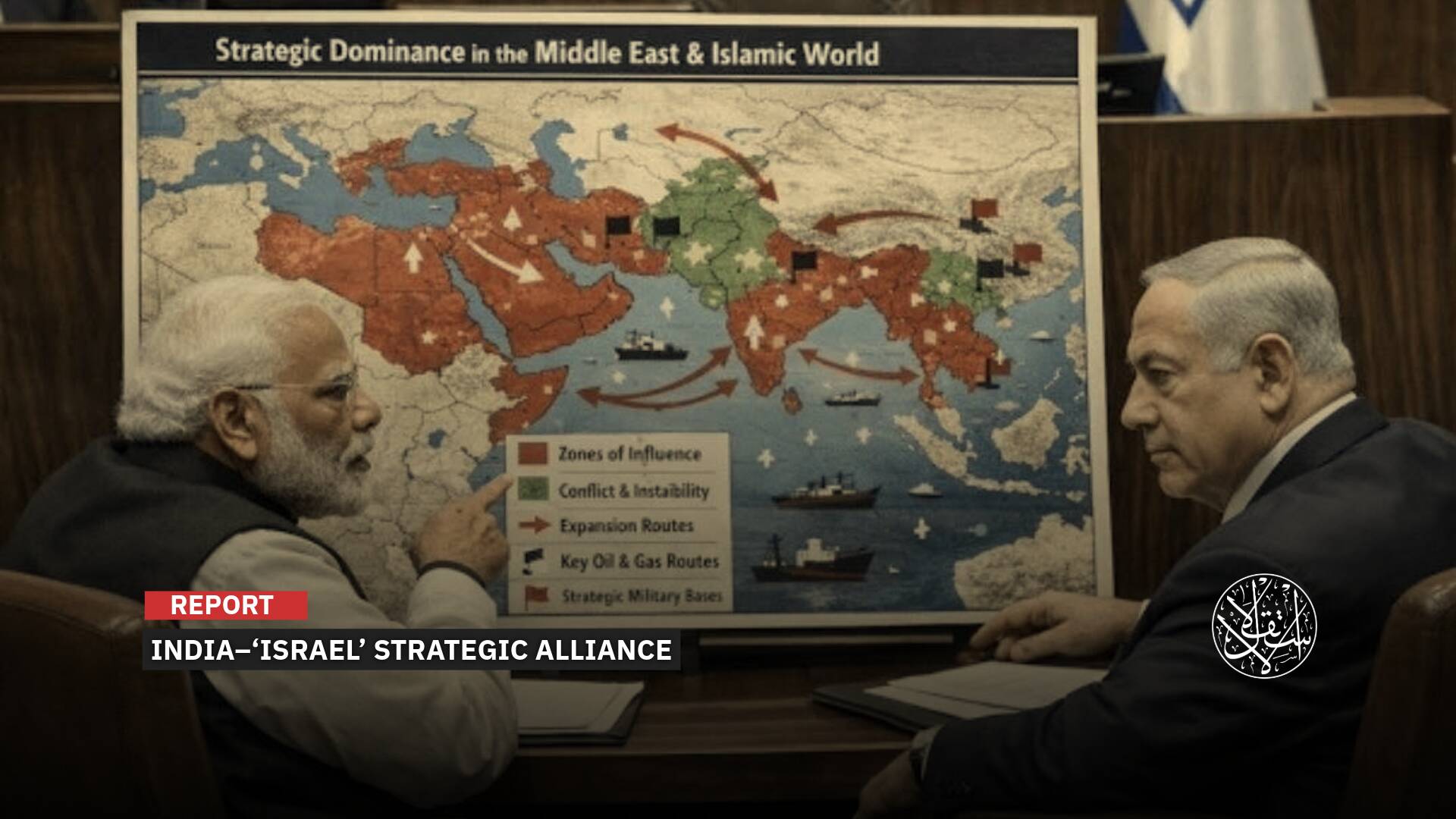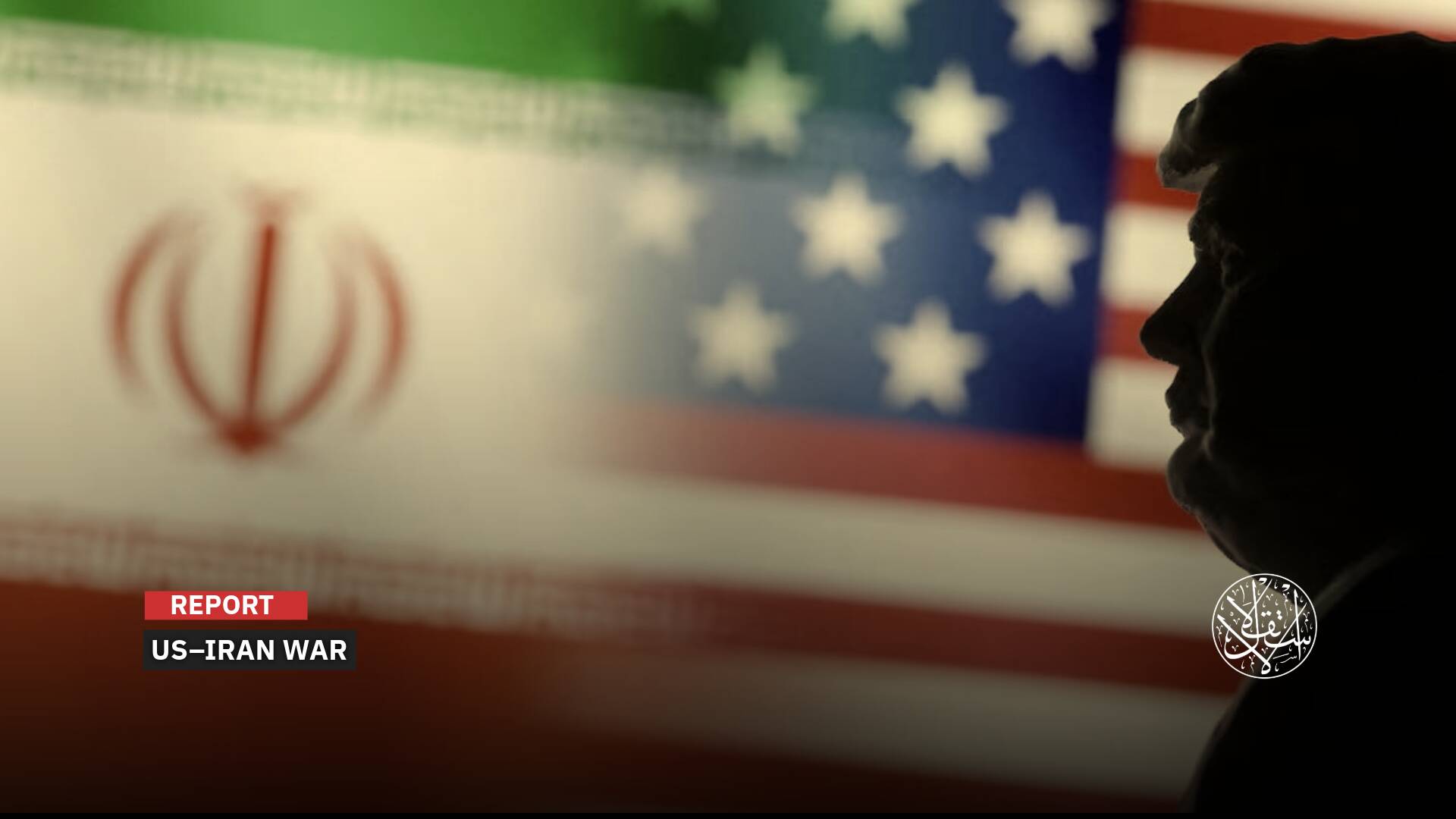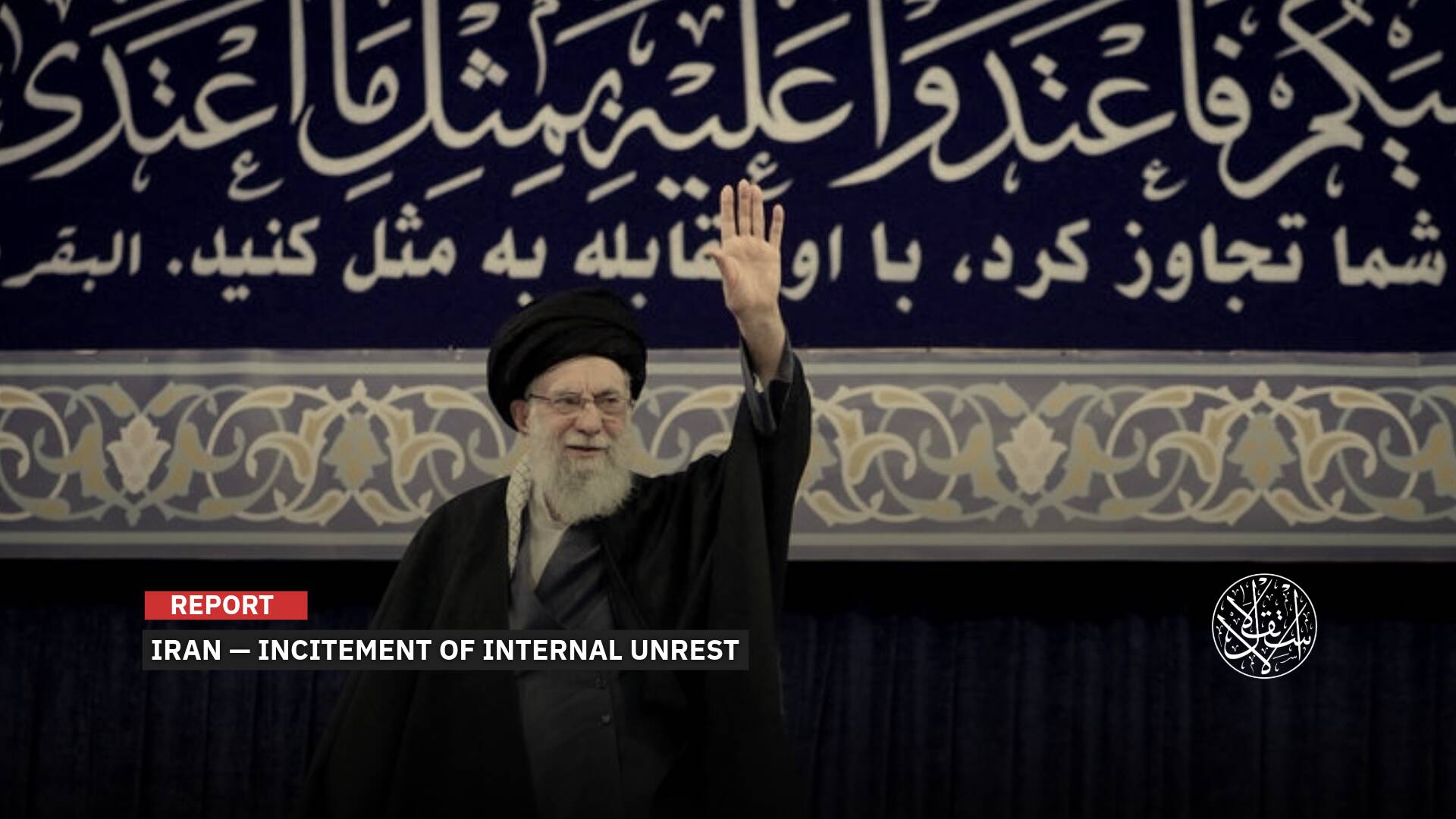Turkiye Monitors Syrian Opposition Gains, Refugee Returns, and Regional Shifts

If the Syrian opposition enters al-Assad's palace, there will be no resistance and he will flee.
Since November 27, 2024, clashes have continued in Syria between opposition groups led by Hayat Tahrir al-Sham and the regime forces of President Bashar al-Assad.
Through high-level officials, Turkiye has announced that it is closely monitoring developments in Syria, both through diplomatic and intelligence channels, while also keeping a close eye on its relationships with opposition factions, particularly the Free Syrian Army (FSA).
Strategic Points
In statements made several times during meetings of Turkiye's National Security Council (NSC), it “reiterated Türkiye’s strong support for Syria’s territorial integrity and unity,” and that no terrorist groups will be allowed to operate within Syrian territory.
At the National Security Council meeting held on December 5, 2024, this issue was highlighted particularly, as clashes continued to rage on.
In the statement released following the meeting, the NSC "once again highlighted the importance of taking necessary measures to protect the security of the civilian population and their property and that the regime should reconcile with its own people and the legitimate opposition."
Turkiye has "consistently supported the protection of Syria's territorial integrity and unity" and is "ready to contribute all necessary resources to this end," the statement read.
“Terror groups trying to take advantage of the instability in Syria and aiming to deal a blow to its unity will not be given a free hand,” said the NSC, “emphasizing that all threats by these groups to Turkish national security will be eliminated.”
On another note, Turkiye announced that it has not directly intervened in the conflict, but continues its diplomatic engagements with its partners in the Astana Talks Russia and Iran.
Among the sensitive issues Turkiye is closely monitoring in this context is the potential for the Syrian Democratic Forces (SDF) to move into strategic points left vacant by the al-Assad regime, as well as the possibility of a new wave of mass migration toward Turkiye’s borders due to the ongoing war.
On December 6, 2024, Turkish President Recep Tayyip Erdogan made his position clear for the first time, stating “Idlib, Hama, Homs, and the target, of course, is Damascus. The opposition's march continues. Our wish is that this march in Syria continues without accidents.”
"We made a call to (Bashar al) Assad. We said: 'Come, let's determine the future of Syria together.’ Unfortunately, we did not receive a positive response to this."
With the Syrian opposition forces gaining control of Aleppo and surrounding areas, there are growing expectations that Syrians residing in Turkiye may begin to return to those regions.
In this context, Interior Minister Ali Yerlikaya announced that "1,247,432 of the 2.9 million Syrians in Turkiye are from Aleppo," adding that "in 2024, an average of 11,453 people have returned each month."
Turkiye’s Interior Minister Ali Yerlikaya announced that “2.94 million Syrians,” and “1.3 million Aleppans, comprising 42% of the Syrian refugee population in Turkiye, currently reside within the country.”
"Everyone wants to return to their land. We know how attached the people of Aleppo are to their city. We are in contact with them, and they are very happy and excited. However, the area needs to be cleared first. To those eager to return immediately, we say, 'Wait.' It is not safe yet. The information we receive indicates that 'now is not the right time,'' Yerlikaya noted.

Power Struggle
Speaking about the areas controlled by the Syrian opposition, General Ahmed Rahal of the Syrian opposition stated, "The ongoing operation in western Aleppo and the liberated areas, supported by Turkiye, aims to facilitate the return of people and refugees to their homes. Up to 2.5 million refugees from Turkiye could return to these areas, such as Khan Sheikhoun and Maaret al-Numan."
According to Al-Estiklal, Rahal said, "Turkiye has long worked on developing various policies to prevent Syrians trapped in the Idlib region from triggering new waves of migration. To curb the movement of people from the region to Turkiye, the country has built tens of thousands of housing units."
Currently, developments in Aleppo, Hama, Tel Rifaat, and Homs are not leading to a reverse migration flow toward Turkiye.
On the contrary, Turkish media have highlighted efforts to remove barriers for Syrians residing in Turkiye to move to these areas.
Since the outbreak of Syria's civil war, the country has witnessed a struggle between various forces for military dominance.
In recent days, developments have suggested that opposition groups have made significant gains on the battlefield in Syria.
It is well known that Turkiye will not accept the strengthening of the Kurdistan Workers' Party (PKK) in Syria, nor its affiliate groups, the Kurdish People's Protection Units (YPG), the Syrian Democratic Forces (SDF), or the Syrian Kurdish Democratic Union Party (PYD) in the region.
Reports indicate that the power struggle in the area will persist among three main forces: the al-Assad regime, the Syrian opposition, and the groups that Turkiye classifies as "terrorists."
According to Al-Estiklal, international relations expert Abdullah Aydin noted that "initially, no one expected such rapid changes."
"Perhaps even the leaders of opposition groups under the banner of Hayat Tahrir al-Sham didn’t anticipate that Aleppo would fall within two days," Aydin commented.
"This situation has created a new environment. Hama has fallen, and now Aleppo is on the brink. The question is: who will say 'stop'? Or will anyone stop it?"
"The opposition says their goal is Damascus, but if attacks intensify on Homs and cut off Damascus from Tartus and Latakia, some argue that Russia will intervene to halt it. However, one must consider how much Russia can tolerate in terms of its own military strength and what it can realistically do in this regard," Aydin added.

Multiple Challenges
On the other hand, Aydin explained that "the fundamental issue in Syria is that Russia, due to its internal problems such as the Ukraine conflict, has reduced its focus on Syria."
"Iran is facing multiple challenges, including its ongoing conflict with Israel, its support for the resistance, as well as internal issues such as economic and social crises, and religious tensions."
"The Iranian people are suffering from weak resistance due to years of sanctions and isolation," pointing out that "the religious leaders killed in Israeli attacks have become prominent religious figures, further fueling tensions within the country," Aydin added.
Regarding potential scenarios in the region, Aydin commented that "the al-Assad regime has done everything in its power to stay in power, including surrendering some territories to Russia and even accepting Shiite expansion despite its objections."
He also highlighted the issue of the Kurds, noting that "al-Assad never considered them citizens of Syria, even as he simultaneously allowed the PKK to operate."
“In the civil war, the People's Protection Units (YPG) strengthened their position with the support of the United States, which invested heavily in these forces, with reports suggesting that the US has spent around $60 billion to date."
"With the start of military operations in Aleppo, the YPG suffered a defeat at the hands of the Free Syrian Army, losing areas like Tel Rifaat, which it had been trying to defend against the Russian-American coalition that had been preventing Turkiye from carrying out cross-border operations," Aydin noted.
When asked the question, "Who will win?" In this new equation, Aydin pointed out that "the situation remains unclear."
To find an answer, the expert emphasized that "it is important to consider the situation before the clashes began; where Israel's security was at its highest level, and it could easily target any place it wanted, as the region's dynamics and power balances allowed for such actions."
Additionally, the United States controlled nearly a third of Syrian territory through the Syrian Democratic Forces (SDF), enjoying freedom in managing Syria’s oil resources and exerting significant influence over them.
Moreover, the United States was able to influence key Turkish concerns, including border security, migration, and the economy.
"Perhaps the Assad regime has started to move closer to Israel and Washington through Arab coordination, but we cannot be certain if this has truly begun, given reports of some Shiite militias withdrawing from certain conflict zones. Assad’s return to the Arab League could be a sign of this," Aydin said.
However, at the same time, the expert pointed to reports that "al-Assad rejected a U.S. offer related to aid routes to Hezbollah, highlighting the complexities of the current equation."
He also noted that “the al-Assad regime has finally handed over control of the eastern city of Deir ez-Zor to the PKK and the YPG.”

Growing Complexity
On another front, Russia and Iran, which share common interests in Syria, announced that they are closely monitoring the latest developments.
Russian Foreign Ministry spokesperson Maria Zakharova stated, "The foreign ministers from the troika of guarantor countries - Russia, Iran and Türkiye - remain in close contact."
“Open-source military analysts said satellite images showed the Russian navy had evacuated its warships from its base in the port of Tartus. Russia said it was conducting exercises in the eastern Mediterranean,” as reported by The Moscow Times.
Turkish media, meanwhile, reported that Russia, which had previously provided full support to al-Assad’s regime, has now withdrawn from its most important naval base in Syria.
This move can be seen as Russia exercising caution in its approach to the region, particularly given the shifting dynamics of its relationship with Ukraine and the incoming U.S. president, Donald Trump.
As for Iran, its internal challenges and ongoing conflict with “Israel” are key factors limiting its ability to fully concentrate on the Syrian battlefield.

According to Al-Estiklal, in his assessment of the Russia-Iran axis in Syria, the leader of the Independence Party and former Turkish intelligence officer, Yener Bozkurt, told a media outlet that the Tartus line in Syria is vital for Russia, while Syria is a key platform for Iran to export Shiism.
"As we have learned from the media, Iran is sending members of its militias to the region," he continued.
"The end of this conflict could mean if Damascus falls, the beginning of World War III. Russia and Iran will not remain passive in such a scenario; Putin has already sent a nuclear message"
"If the Syrian opposition enters al-Assad’s palace in Damascus, there will be no resistance, and Assad will flee."
"If Damascus falls, Syria will crumble, and various states—such as Sunni, Shiite, and Alawite—will emerge," Bozkurt added.
In Bozkurt’s view, it can be said that Iran and Russia "will not remain silent, even if the price is steep."












